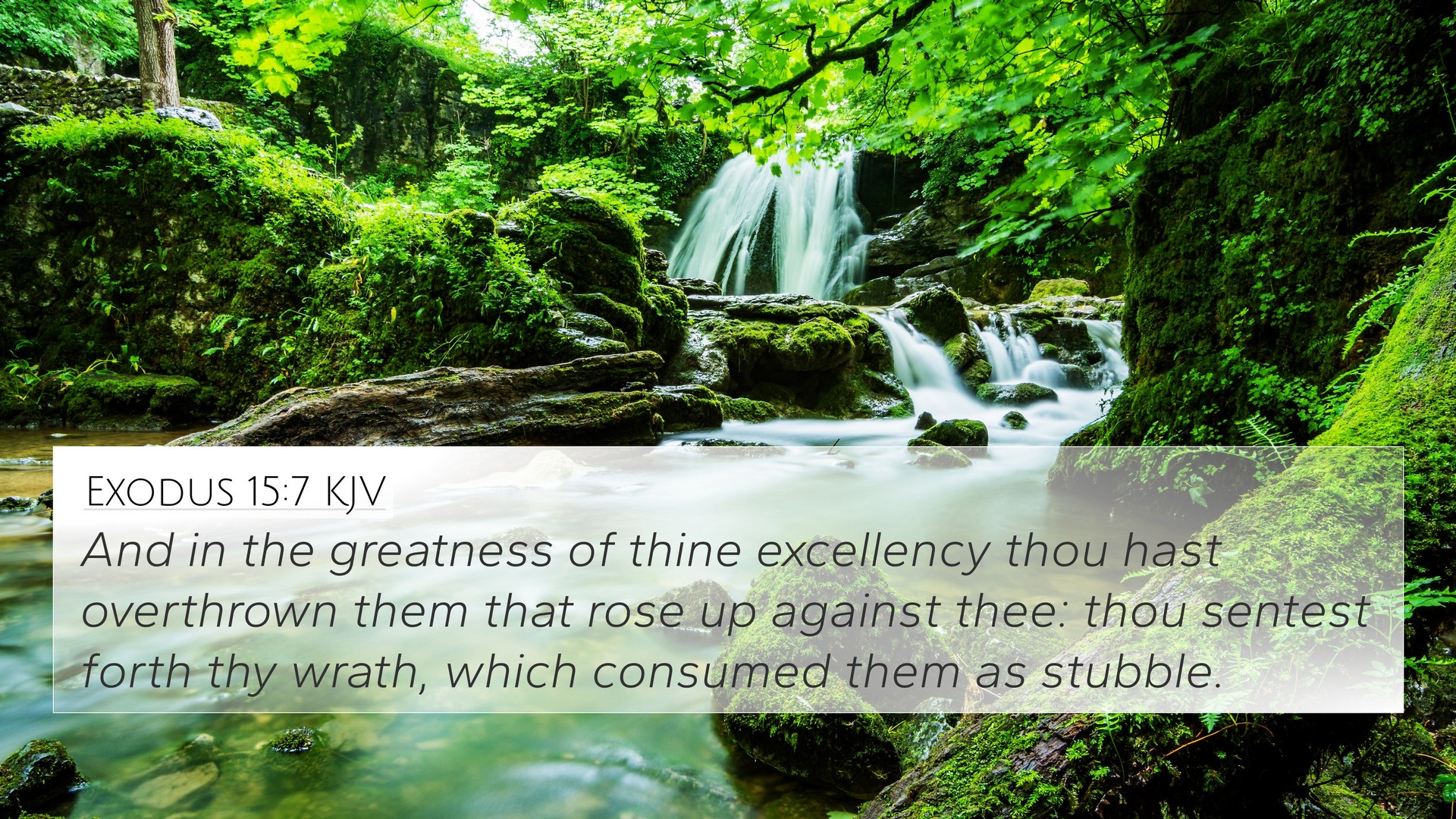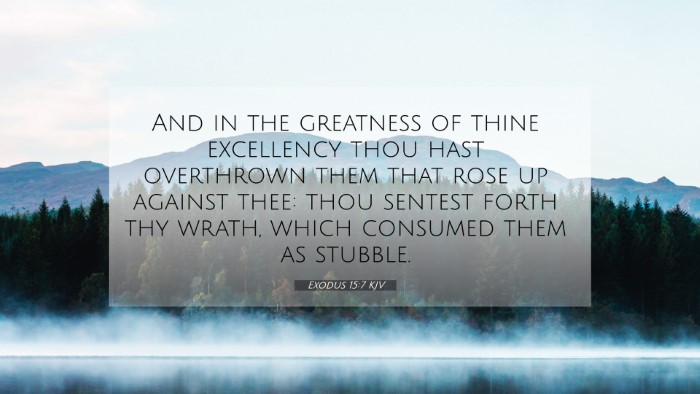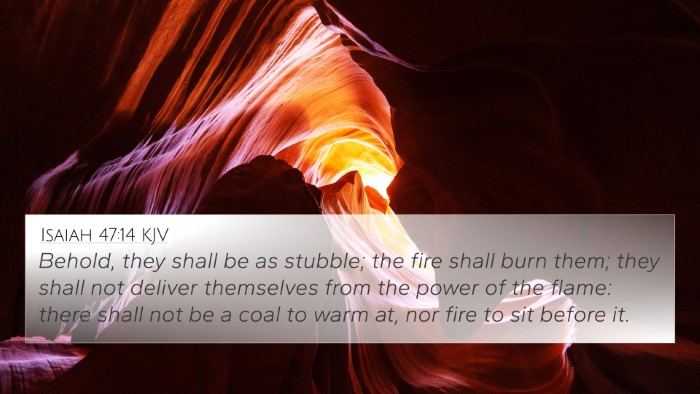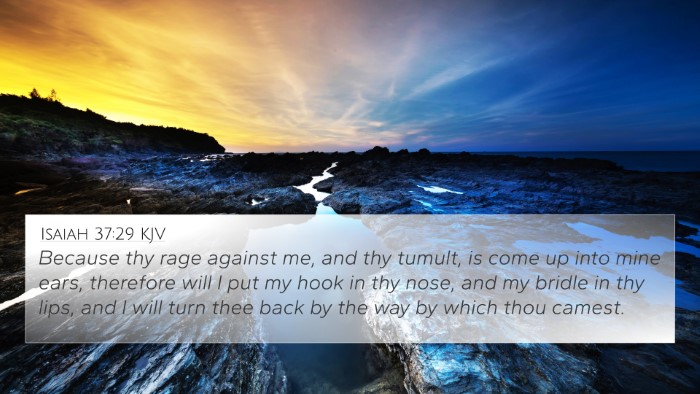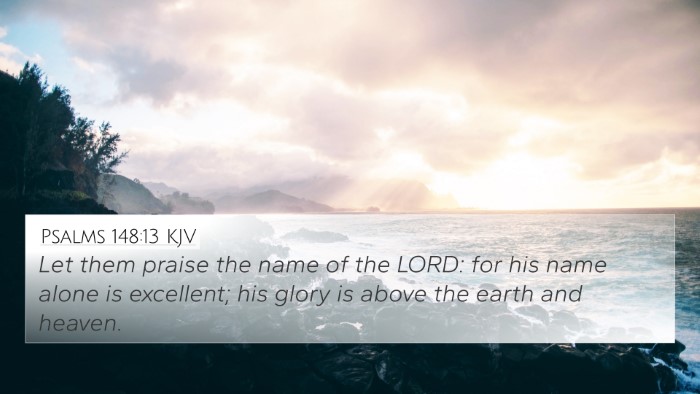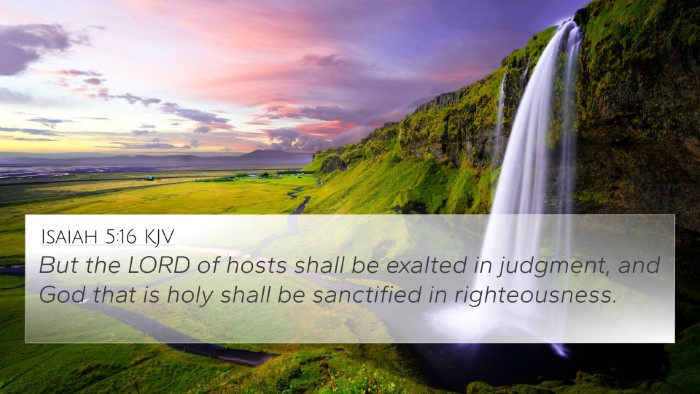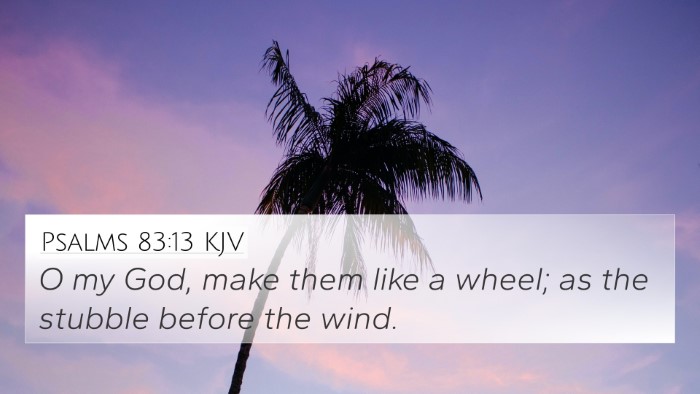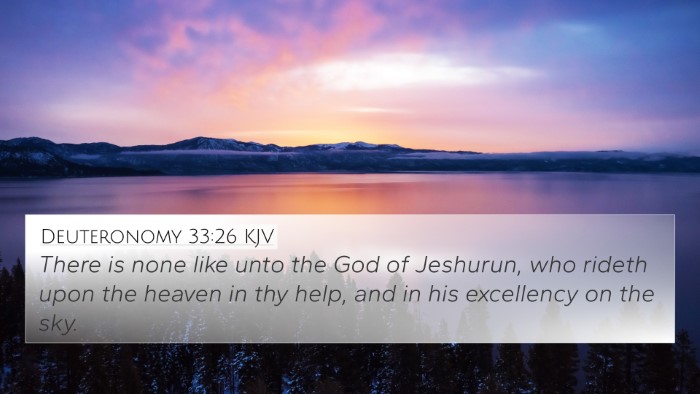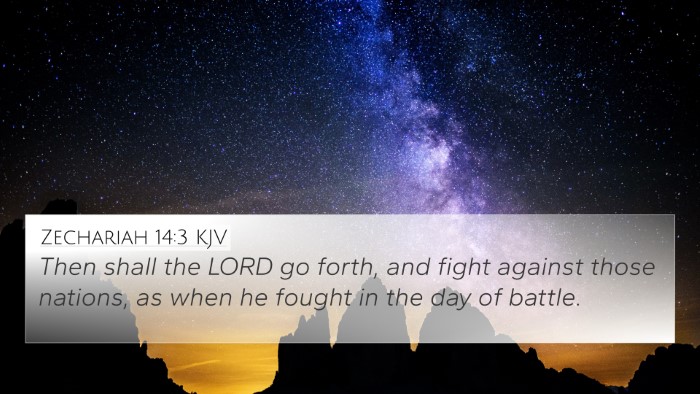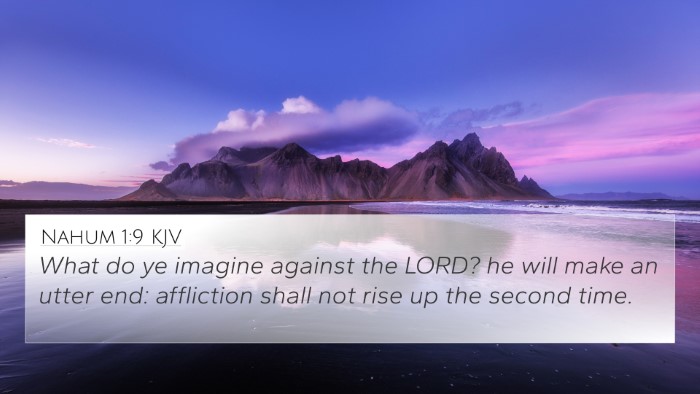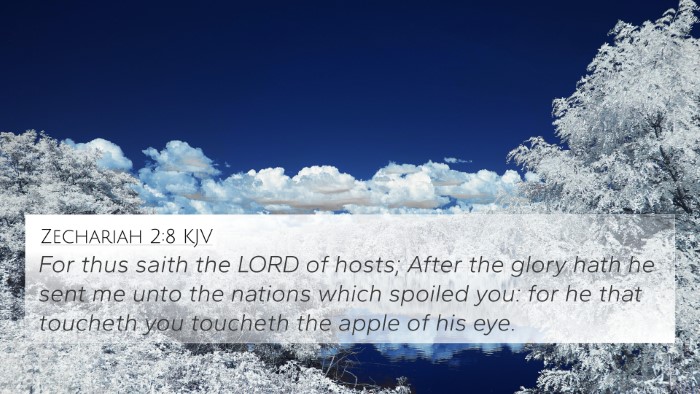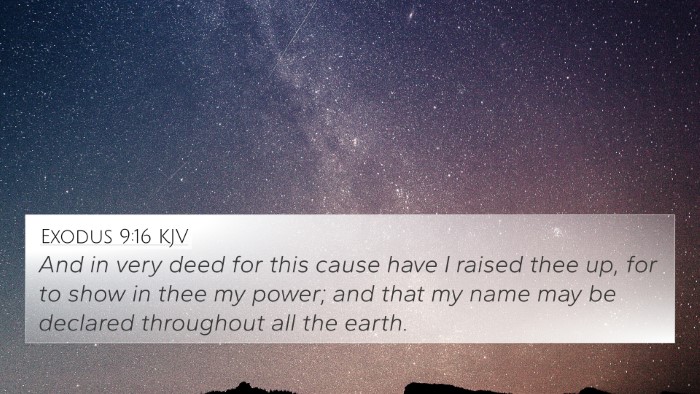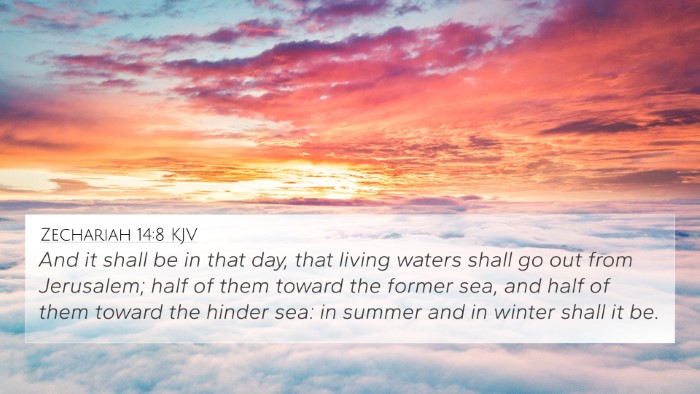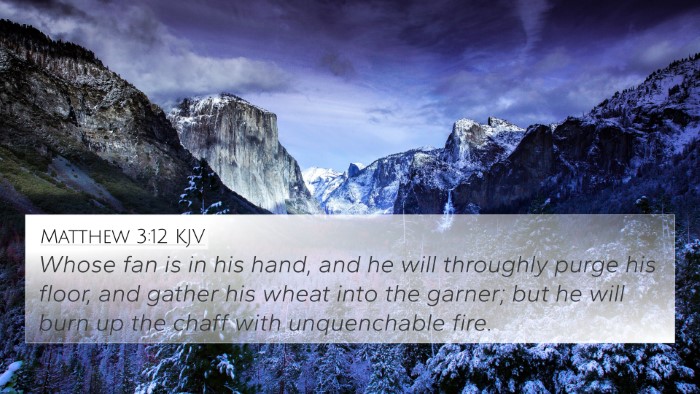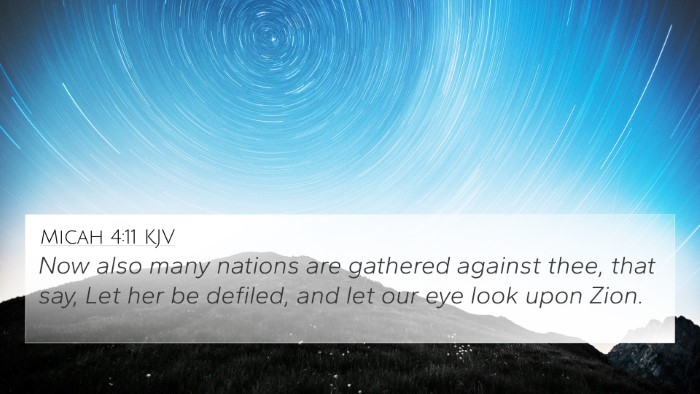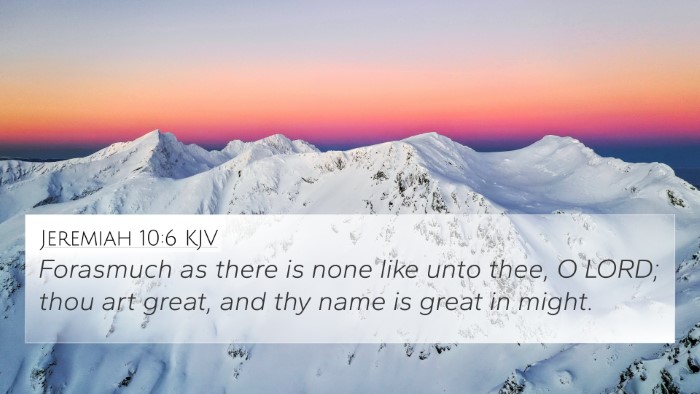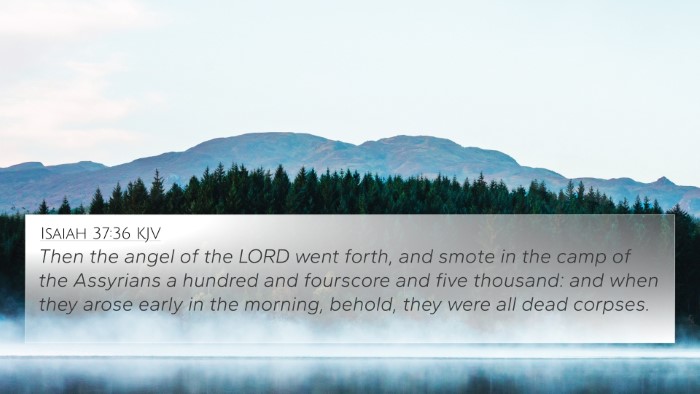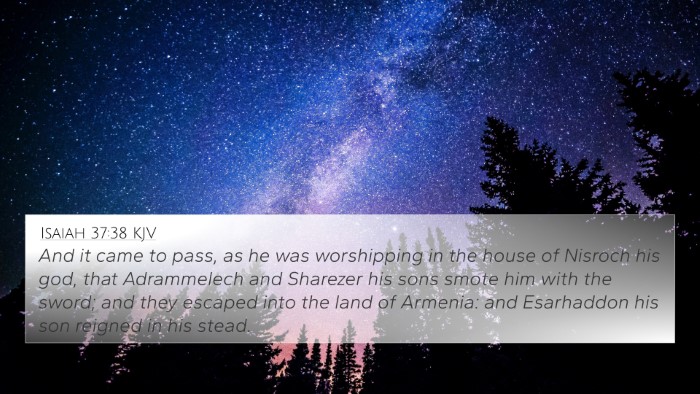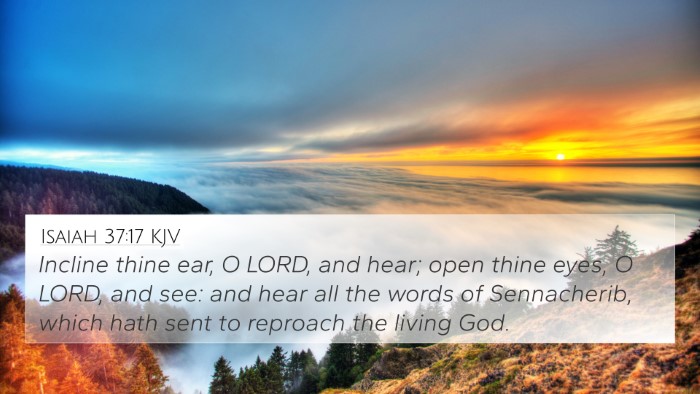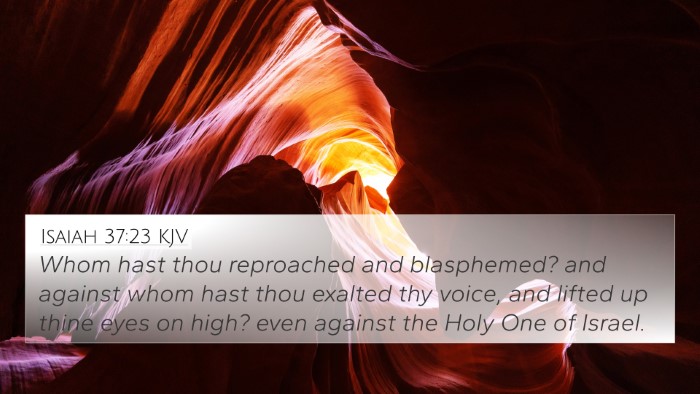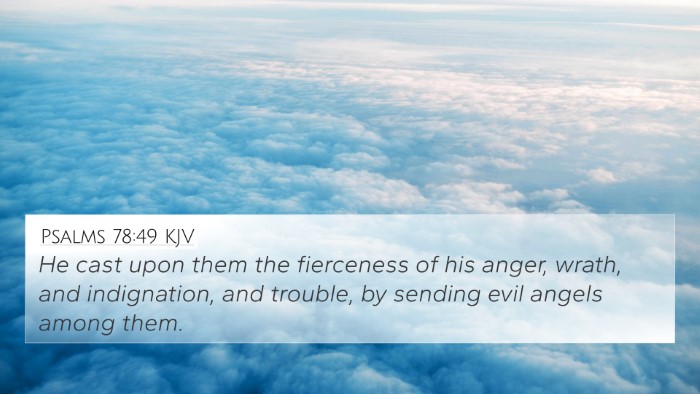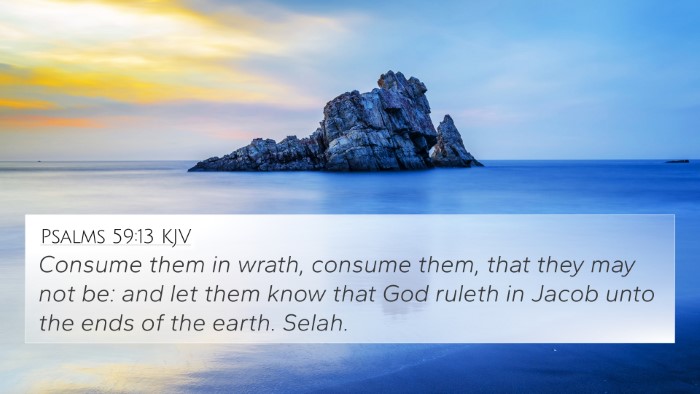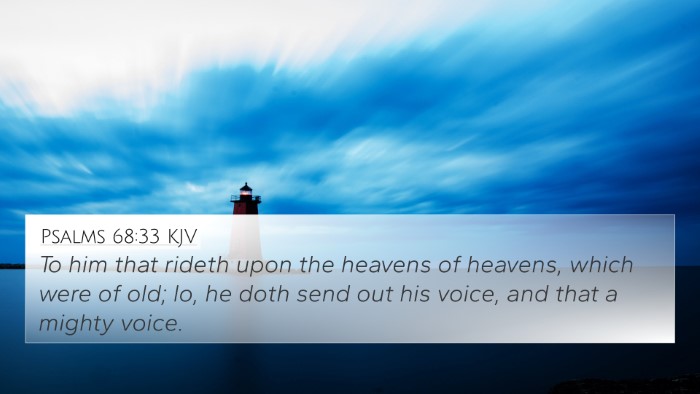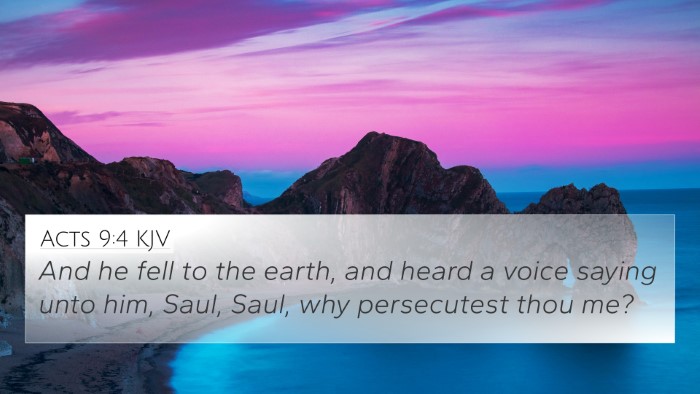Understanding Exodus 15:7
Exodus 15:7 reads: "And in the greatness of thine excellency thou hast overthrown them that rose up against thee: thou sendest forth thy wrath, which consumed them as stubble." This verse is a powerful declaration of God’s might and judgment against His enemies, specifically during the deliverance of the Israelites from Egypt.
Commentary Insights
Insights are drawn from notable public domain commentators including Matthew Henry, Albert Barnes, and Adam Clarke. Each provides depth to the meaning of this verse and highlights the thematic connections with other scriptures.
Matthew Henry's Commentary
Matthew Henry emphasizes the glory of God’s character as displayed through His judgment. He notes that the phrase "in the greatness of thine excellency" signifies God's unrivaled power and supremacy over all opposition. Henry views God’s wrath as justly consuming those who defy Him, portraying the utter devastation wrought upon Pharaoh's army as an illustration of divine retribution.
Albert Barnes' Commentary
Albert Barnes focuses on the destructive power of God’s judgment depicted in this verse. He explains that the metaphor of consuming "as stubble" illustrates the ease with which God can annihilate His foes. Barnes connects this to the larger narrative of Israel's deliverance, emphasizing how God’s fierce response against the oppressor was a means of demonstrating His covenant faithfulness.
Adam Clarke's Commentary
Adam Clarke offers a more detailed view of God's attributes highlighted in this passage. He interprets this verse within the context of the miraculous deliverance at the Red Sea, suggesting that the overwhelming nature of God’s actions leaves no doubt about His power. Clarke also notes that "overthrown them that rose up against thee" speaks to the ultimate victory of good over evil, a recurrent theme in Scripture.
Thematic Connections
This verse draws upon and reflects several key Biblical themes, particularly the interplay between God’s justice and mercy, His sovereignty, and the deliverance He provides to His people. The connections across the scriptures enhance understanding of the overarching biblical narrative.
Cross-References
Exodus 15:7 can be cross-referenced with several verses to vastly improve its contextual understanding:
- Psalm 90:11 - A reminder of God’s wrath against sin and its consequences.
- Isaiah 10:16-19 - God’s judgment upon Assyria mirroring His actions against Egypt.
- Romans 12:19 - God's vengeance is assured, as seen in His deliverance of His people.
- Revelation 19:20 - The ultimate defeat of the enemies of God, akin to the fate of Pharaoh’s army.
- 1 Corinthians 10:1-2 - The Red Sea crossing as a significant deliverance underlined by God’s mighty hand.
- Hebrews 11:29-30 - The faith of the Israelites in the face of the crossing illustrates God’s power.
- Exodus 14:27-28 - The actual event of God’s judgment at the Red Sea, reinforcing the message of Exodus 15:7.
Linking Bible Scriptures
Understanding Exodus 15:7 invites the exploration of biblical links, particularly in examples of how God demonstrates His power over adversaries consistently across both the Old and New Testaments. By examining these connections, the believer can grasp the historical implications and the theology surrounding God's character.
Tools for Bible Cross-Referencing
For further exploration into cross-references, consider utilizing tools such as:
- Bible Concordance: A valuable resource for finding verses related to specific topics or themes.
- Bible Cross-reference Guide: A systematic approach to connect verses across scripture.
- Bible Chain References: Following thematic links through the Bible can clarify interconnected messages.
- Comprehensive Bible Cross-reference Materials: Useful for deeper studies in sermon preparation or personal enrichment.
Conclusion
Exodus 15:7 stands as a monumental testimony to God's sovereignty and might. Its interpretation benefits from careful cross-referencing and thematic studies that link it to other pivotal scriptures. Whether one is preparing for a sermon, engaging in personal study, or seeking answers, the connections found in this verse encourage a deeper understanding and appreciation of the divine narrative woven throughout the Bible.
